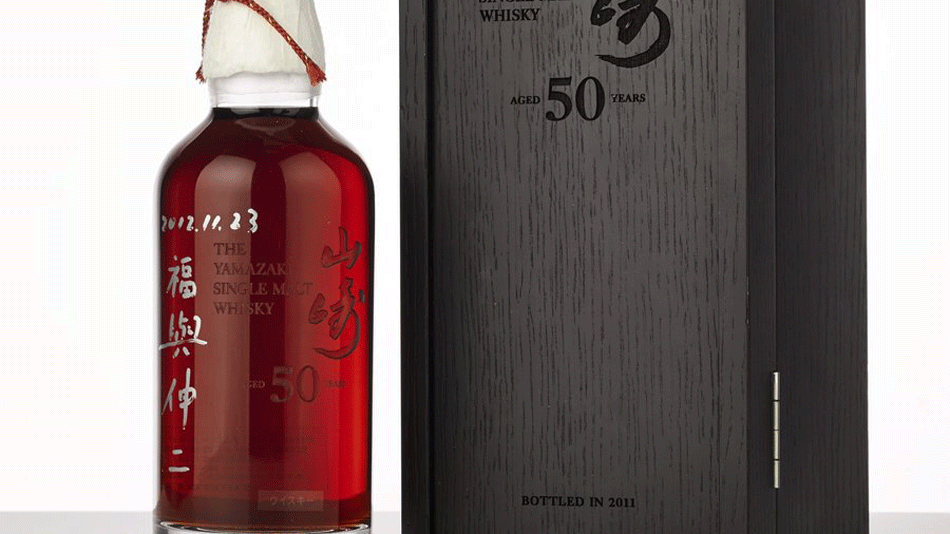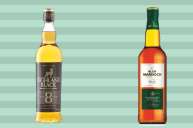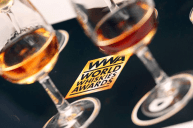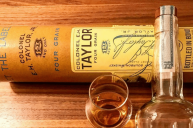You may not be familiar with Japanese whisky yet, but this delightful beverage is fetching top prices at auctions. The most recent record-breaking sale happened on Jan. 29, when a bottle of Yamazaki Single Malt Whisky Aged 50 NV (non-vintage) went for HKD2.3 million—that's $299,099—at a Sotheby's auction.
Videos by Wide Open Country
Japanese whisky is less than an century old, but has quickly developed its own style and history. Masataka Taketsuru traveled to Scotland in 1918 (thus the Japanese usage of the traditional Scotch spelling of whisky without an 'e'). Taketsuru was the first manager for the Yamazaki distillery, which was founded by Shinjiro Torii on the outskirts of Kyoto. Taketsuru went on to found his own distillery, Yoichi, in 1934 on Japan's northern island of Hokkaido.
New world auction record for any single bottle of Japanese whisky set by The Yamazaki Single Malt Whisky Aged 50 Years NV at Sotheby's #HongKong over the weekend! #SothebysWine pic.twitter.com/zMqmNn5tlH
— Sotheby's (@Sothebys) January 29, 2018
The whisky industry in Japan is still relatively small. Suntory and Nikka, the companies founded by Torii and Taketsuru respectively, are still the two major players, and together they only have four distilleries. There are a few new smaller distilleries now open, but in total, there are only nine active distilleries in Japan.
It's only been in the past decade or so that Japanese whisky has caught on globally. Japanese distilleries have been winning international awards, even besting whisky from Scotland. Suntory Yamazaki first won a gold medal at the International Spirits Challenge in 2003, and Suntory whiskies have continued to win medals. Then, when "Jim Murray's Whisky Bible" named Yamazaki Single Malt Sherry Cask 2013 the best whiskey in the world, connoisseurs everywhere really jumped on the Japanese whisky wagon.
Single malt whiskies aged for 50 years are a big deal on the whisky scene any way you look at it, but the Japanese bottles have been commanding a premium in part because Japanese distilleries stopped putting age statements on their bottles in 2017. The distilleries can now more easily offer blends from various years, which helps them keep up with the growing demand for Japanese whisky.
Japanese single malt is prized, but Japanese blends are considered exceptional for their innovation. While the foundation of the whisky may be in Scottish styles, using techniques like aging in mizunara (Japanese oak) barrels and plum wine cask finishes takes the blend in a unique direction.
It is possible to get Japanese single malt whisky for less than those $100,000+ auction prices—a bottle of Suntory Yamazaki Distiller's Reserve goes for around $70.




